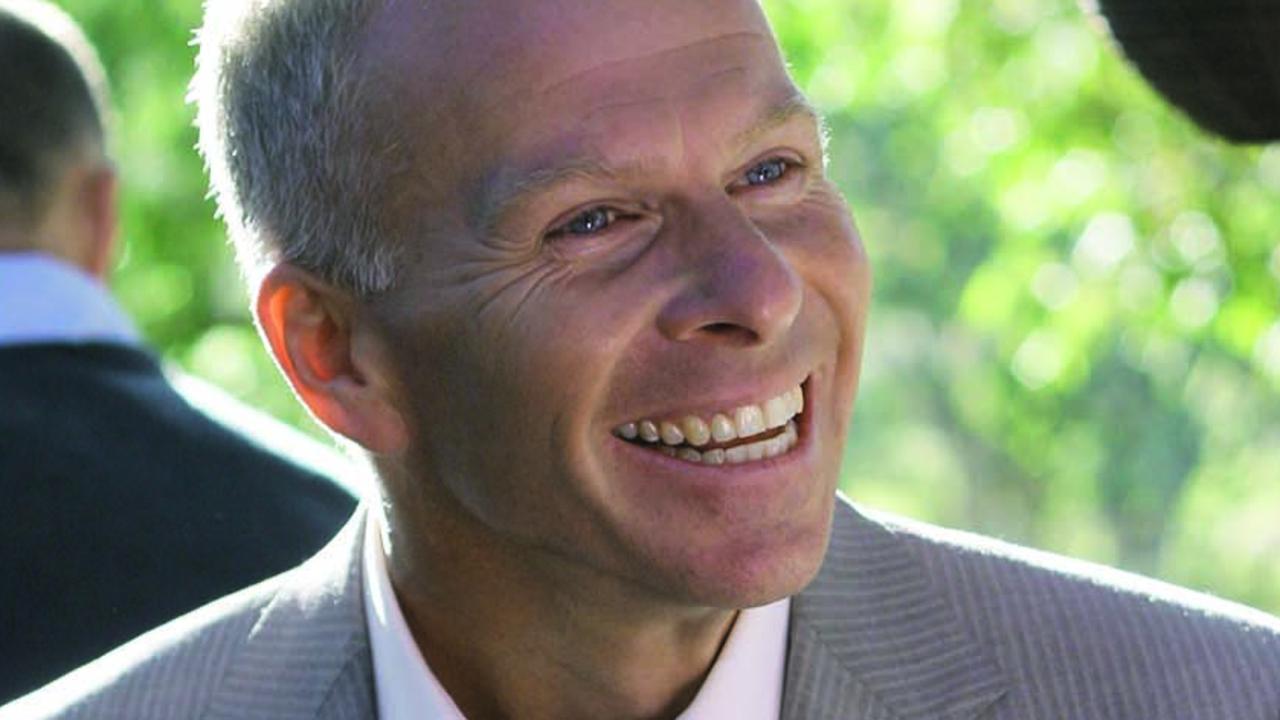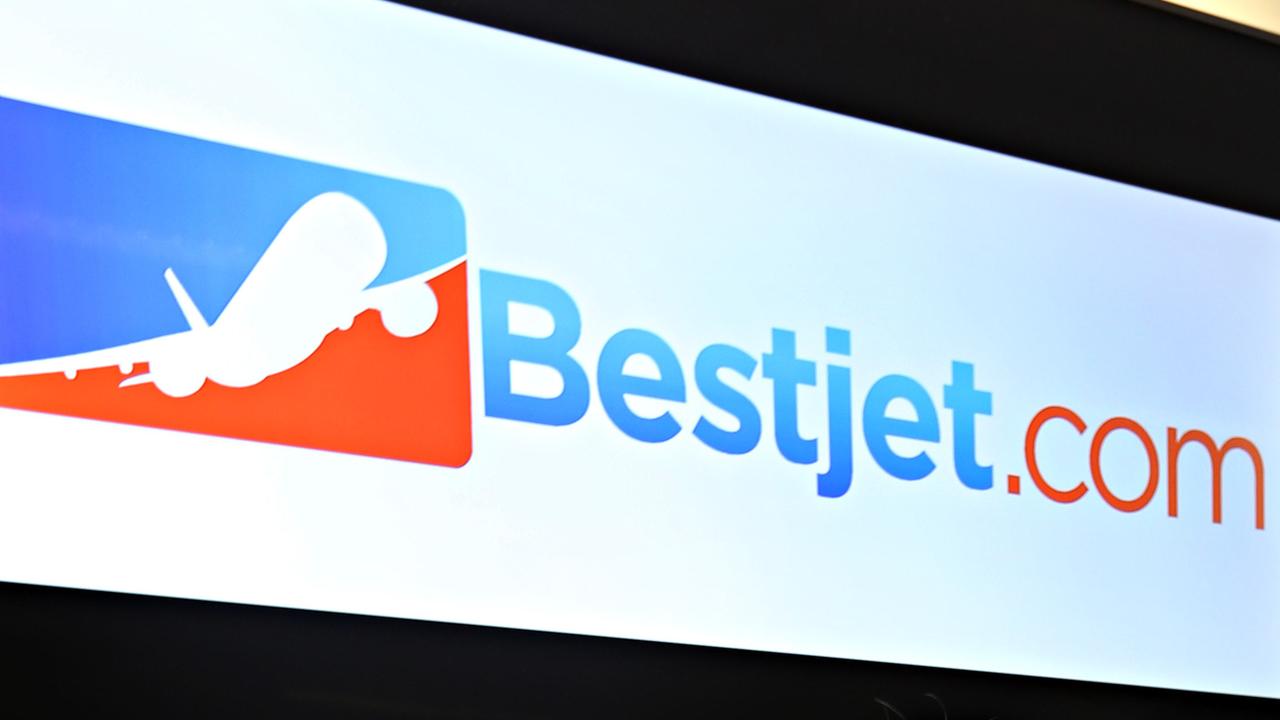Sorry saga of IAG's costly British sojourn
IT was a move that crippled one of the nation's biggest companies for years, leading to more than $1.3 billion in writedowns.
IT was a move that crippled one of the nation's biggest companies for years, leading to more than $1.3 billion in writedowns -- or more than the high-profile financial services collapses of Fincorp, Westpoint, ACR and Banksia combined.
Blue-chip giant Insurance Australia Group began reaching for the exits within just 18 months of its $1.7bn foray into the British market in 2006 -- and lost a chief executive in the process -- but it was not until two weeks ago that it delivered a financial report not marred by the debacle.
The Weekend Australian reveals that the series of deals which caused massive losses to investors propelled a former IAG executive on to Britain's rich lists, with an estimated net worth of more than $250 million.
It can be revealed an IAG subsidiary bought by former IAG senior executive Neil Utley -- and two other former IAG managers -- for pound stg. 23.5m in 2008 is now estimated to be worth pound stg. 500m ($847m), more than 20 times that amount.
Colourful British businessman and one-time IAG senior executive Utley's name has appeared on The Times of London's rich list for the past three years after deals he and his firms made with IAG.
Over that time, Utley has also grabbed headlines due to his colourful lifestyle, including having an ice-sculpted seafood bar and waitresses dressed as Victorian ladies at his 2010 wedding, which had London's Sunday newspapers talking.
Hastings Direct and Utley have not responded to repeated questions from The Weekend Australian regarding this article, and his relationship and dealings with IAG.
In 2004, Utley was abruptly ousted as the chief of Cox Insurance, a British motor insurer, after a plan by Cox to take over a rival called Highway collapsed.
The following year, Utley returned with two private-equity firms, took over Cox for pound stg. 296m and renamed it Equity Insurance Group.
IAG pounced just 18 months later with a $1.4bn offer.
IAG, behind brands such as NRMA and CGU, under its then chief executive Michael Hawker executed the bullish move with the aim of rapidly expanding offshore revenue.
Under the takeover deal, Utley was to oversee IAG's push into Britain -- appointed the head of IAG UK, joining the ranks of the group's senior executives.
Utley would also oversee British insurance companies Hastings Direct Insurance and Advantage Insurance Company, which IAG had bought in September 2006 -- three months before the EIG deal -- for pound stg. 140m.
IAG's dreams of becoming a major player in the British market were extremely short-lived.
Just 18 months later, in May 2008, then IAG chief executive Michael Hawker, the key driver of IAG's British push, was ousted from the job with a $1.9m payout.
In December that year, new IAG chief Michael Wilkins announced it would sell Hastings and Advantage in a "management buyout" for just pound stg. 23.5m, a sixth of what it had paid two years earlier.
The buyers were chief executives of Hastings and Advantage (who had been working for IAG after it took over the companies) and Neil Utley.
Each took a one-third stake.
IAG said Utley's one-third ownership of Hastings and Advantage, no longer owned by IAG, would not conflict with his role at IAG as he held a non-executive role in Hastings Advantage.
Within months of the sale of Hastings and Advantage, EIG's value began plummeting, a result of a surge in "bodily injury claims", IAG reported.
Over the next four years, more than $1bn was written off the value of EIG, culminating in a $182m writedown for the six months to December last year.
Amid the carnage, in August 2010, Utley was replaced as IAG UK chief executive and ceased his connection with IAG. Just before Christmas last year, IAG ended its relationship with Britain, selling its EIG operations in two deals for a total of pound stg. 97m.
In all, IAG had sold EIG for about $200m, despite paying $1.4bn for it in 2006.
But while the fortunes of EIG plummeted, the value of Hastings has soared.
In February 2011, it emerged Utley was seeking to float Hastings, which was estimated by analysts to be worth about pound stg. 500m, or more than 20 times the amount Utley and the Hastings and Advantage chief executives had paid for it just over two years earlier.
Two months later, Utley's name appeared on The Times rich list for the first time, with an estimated net worth of pound stg. 160m.
In June 2010, IAG announced a $365m loss against its British operations after a "significant deterioration in UK claims experience, in particular bodily injury claims".
It later emerged that, the month before that announcement, IAG had notified British authorities of serious concerns it had over "past claims and reserving issues" regarding EIG.
"Immediately upon coming aware of these issues, IAG notified the relevant authorities, including the UK Financial Services Authority and Lloyd's of London and took steps to address those issues," IAG spokesman Andrew Tubb told The Weekend Australian.
Lloyd's, under which EIG had sold insurance premiums, censured EIG last year for failings relating to that 2010 collapse in its reserves.
In February this year, Lloyd's announced that Utley would be banned from working in the Lloyd's market for two years after accepting two charges of "detrimental conduct" regarding EIG.
In a statement, Utley said he was eager to move forward from the matter.
"The notice of censure . . . confirms that my behaviour was not deliberate, wilful or even reckless and that I did not act in a dishonest matter or make any personal financial gain," Utley said.
He was fined pound stg. 130,000 to cover the costs of Lloyd's and IAG.
IAG declined to comment on whether it would seek to take any action against Utley.
Last week, it emerged that Goldman Sachs-owned private-equity fund GS Capital Partners was in talks to take a pound stg. 150m stake in Hastings.
The Hastings board was reported to be in the final stages of issuing a pound stg. 400m new bond "that will enable the company's shareholders to realise part of their investments".


